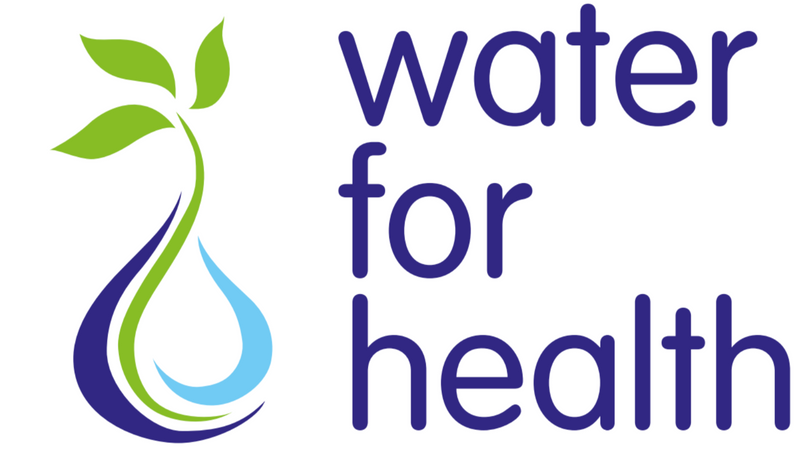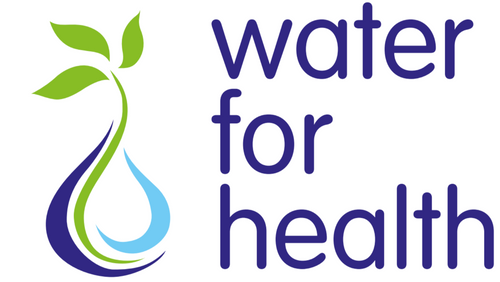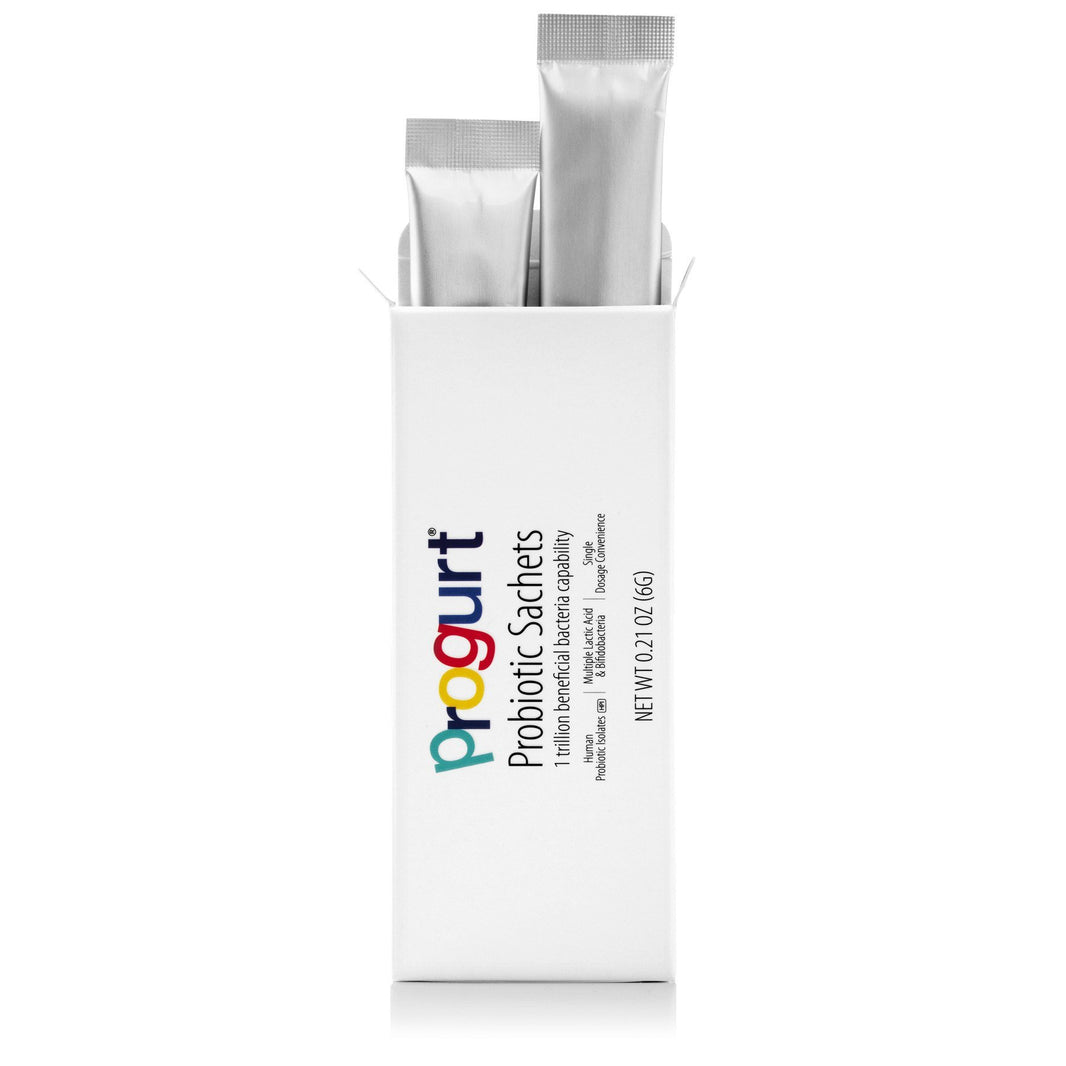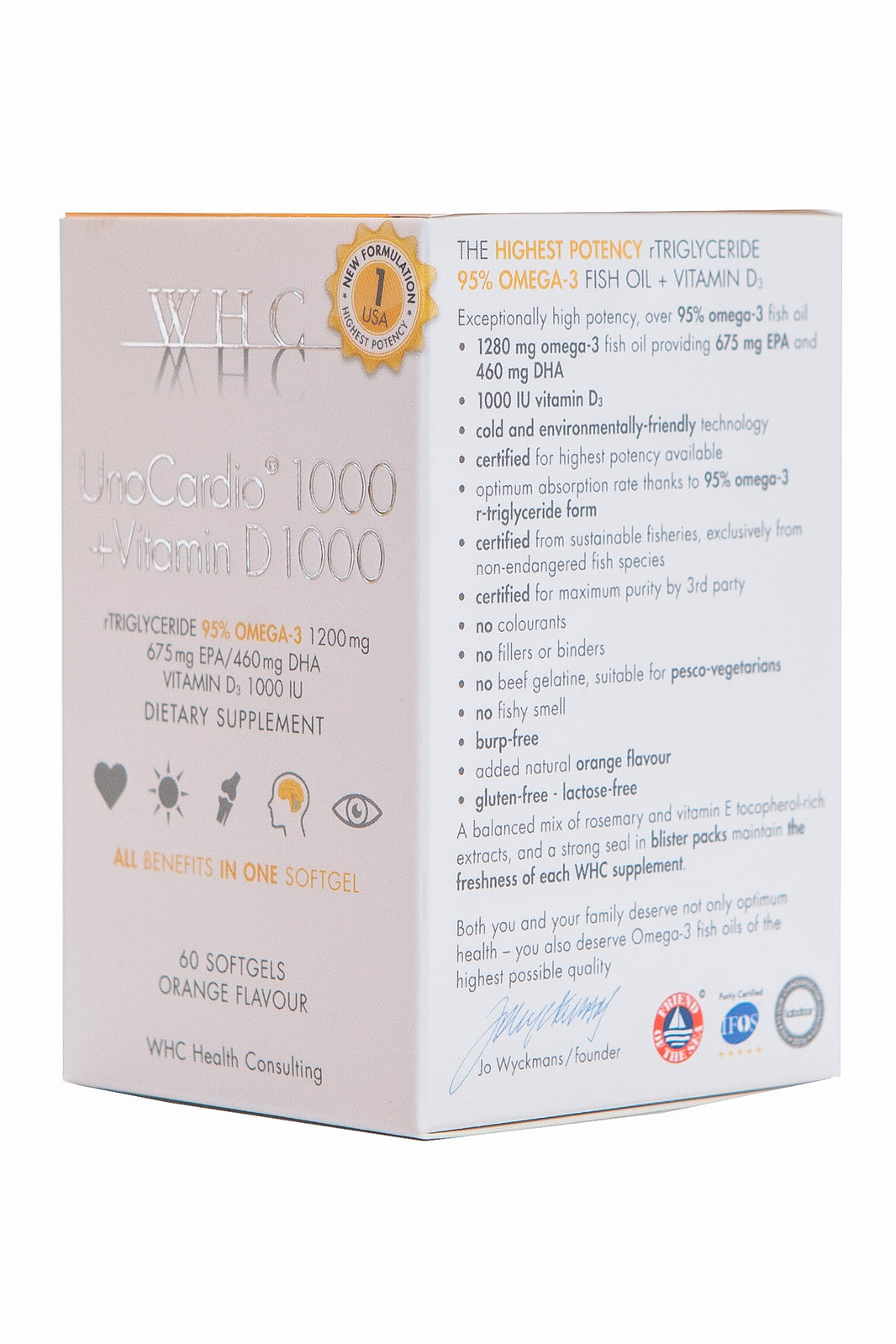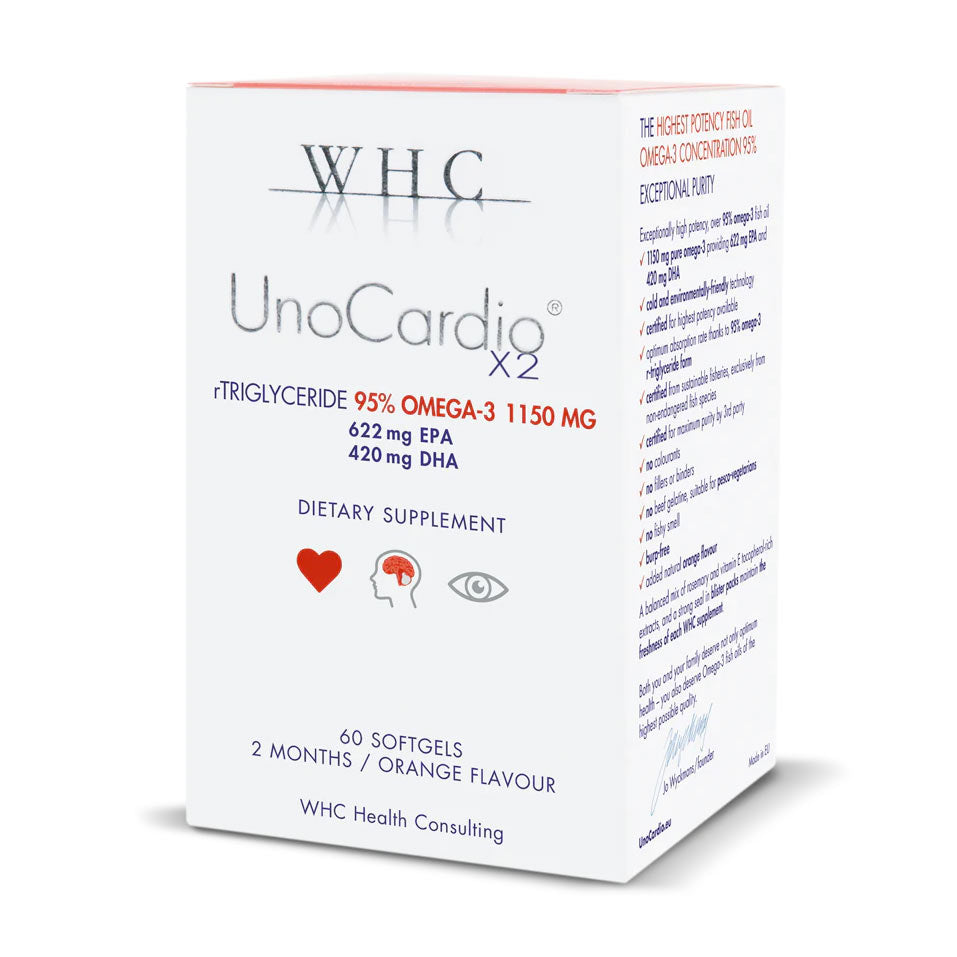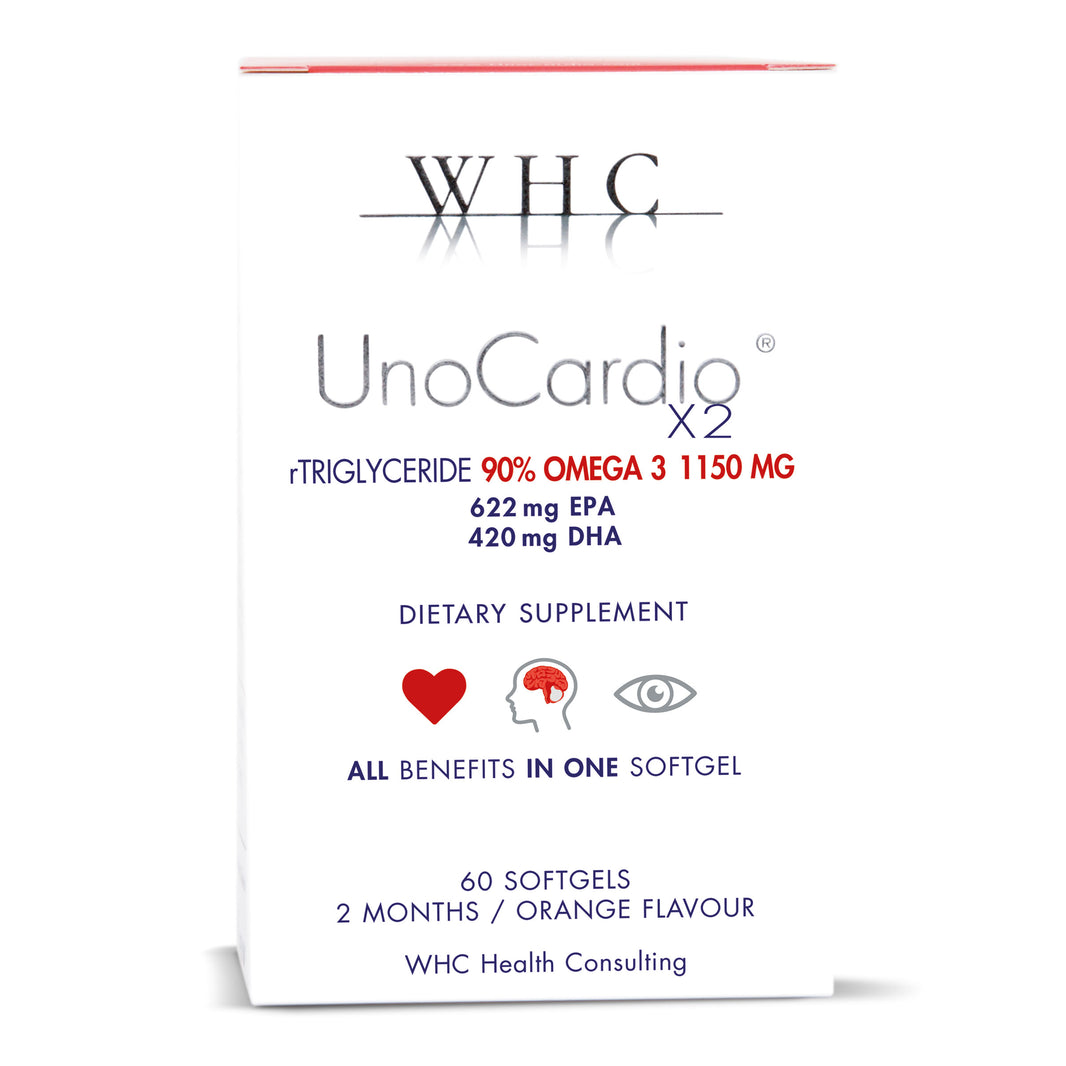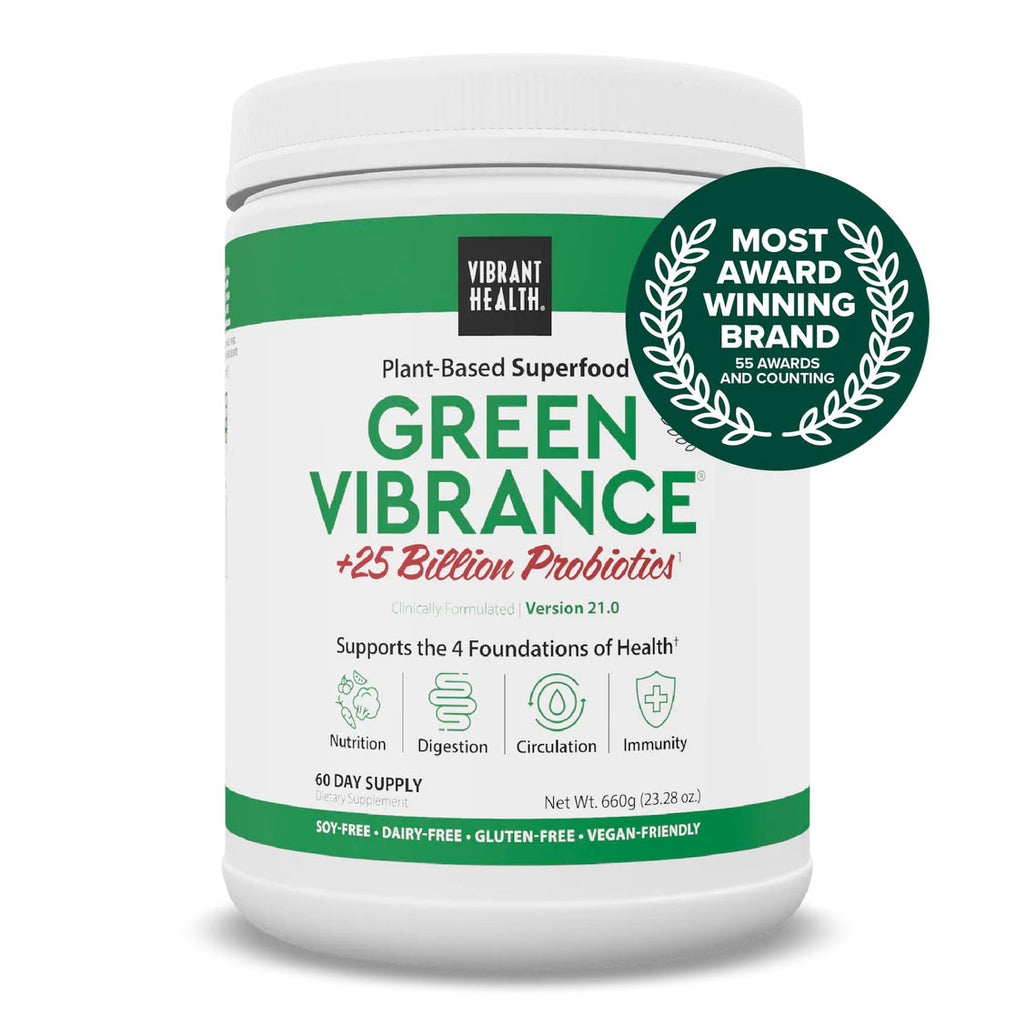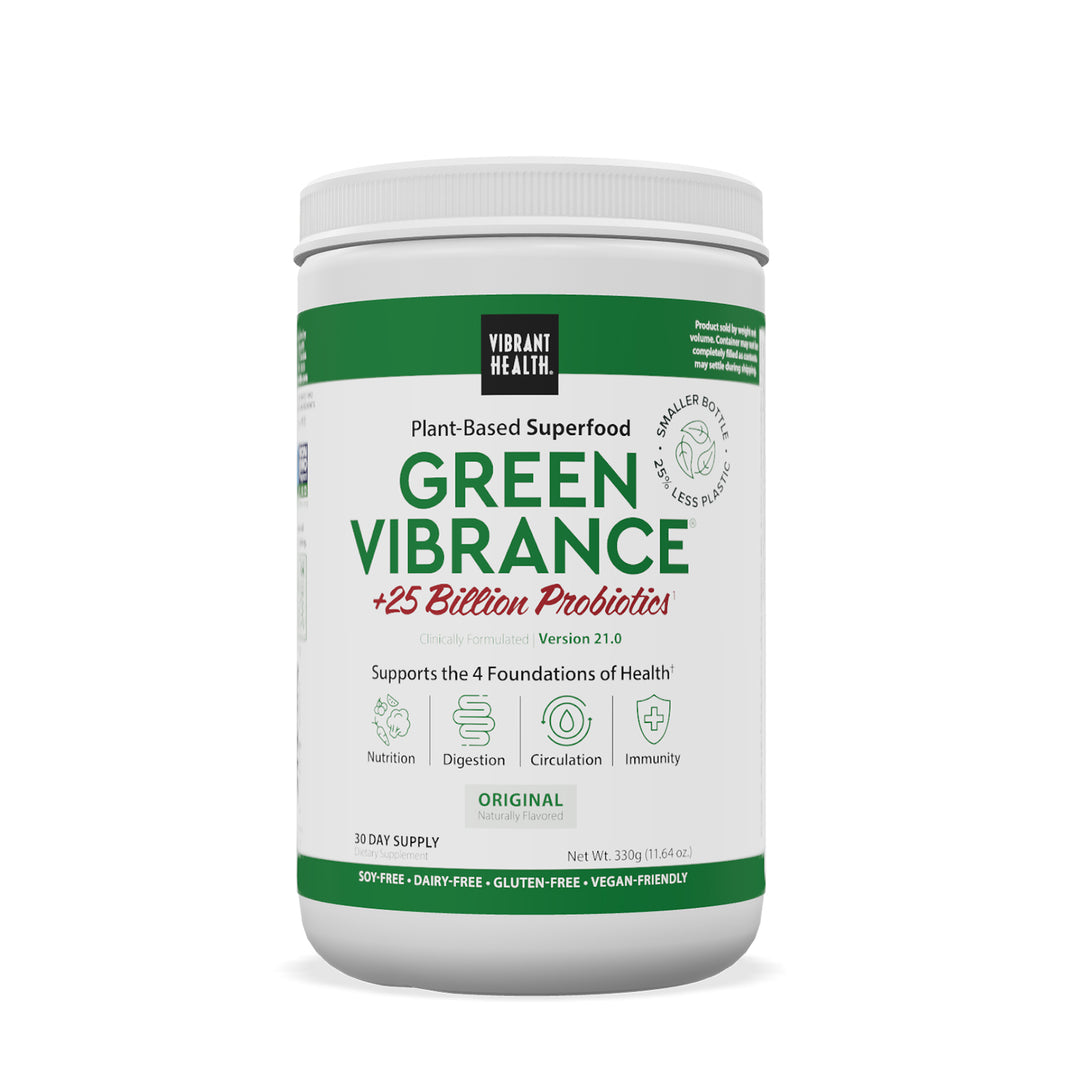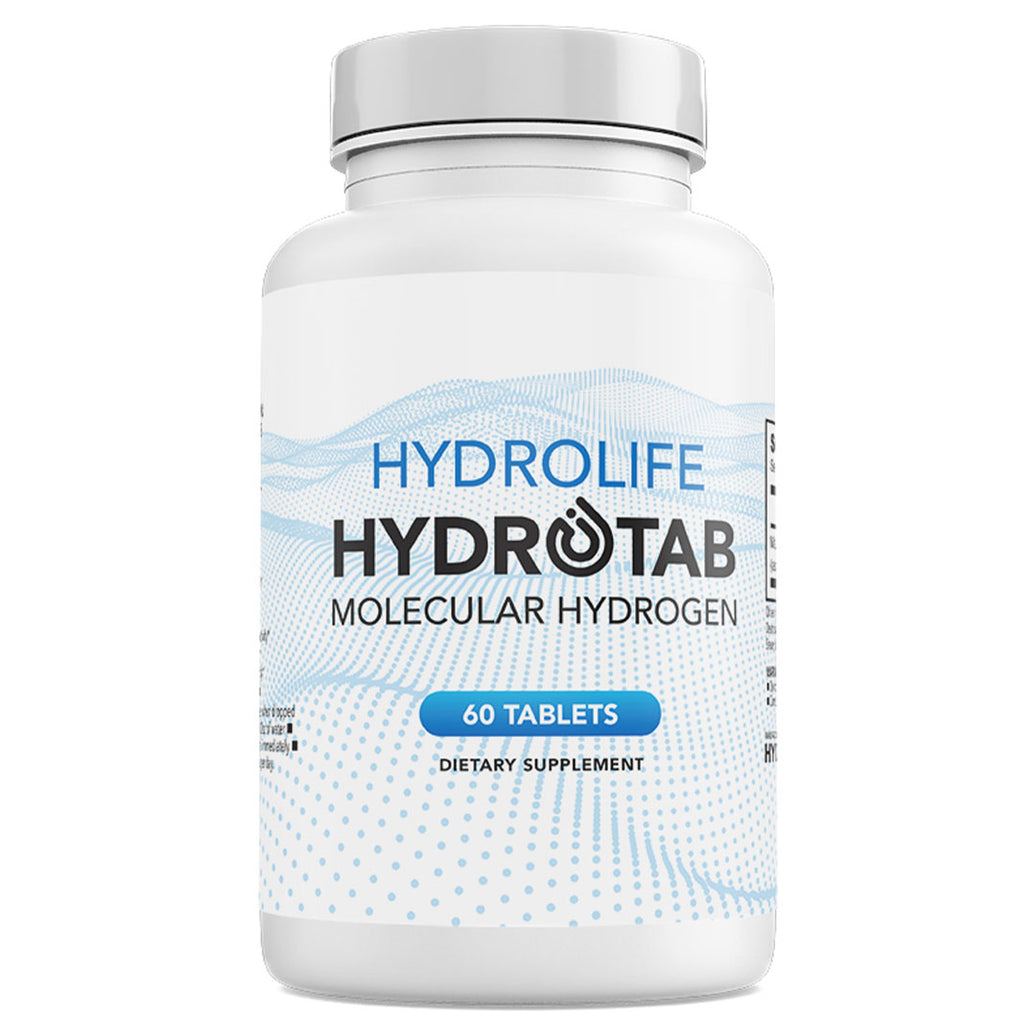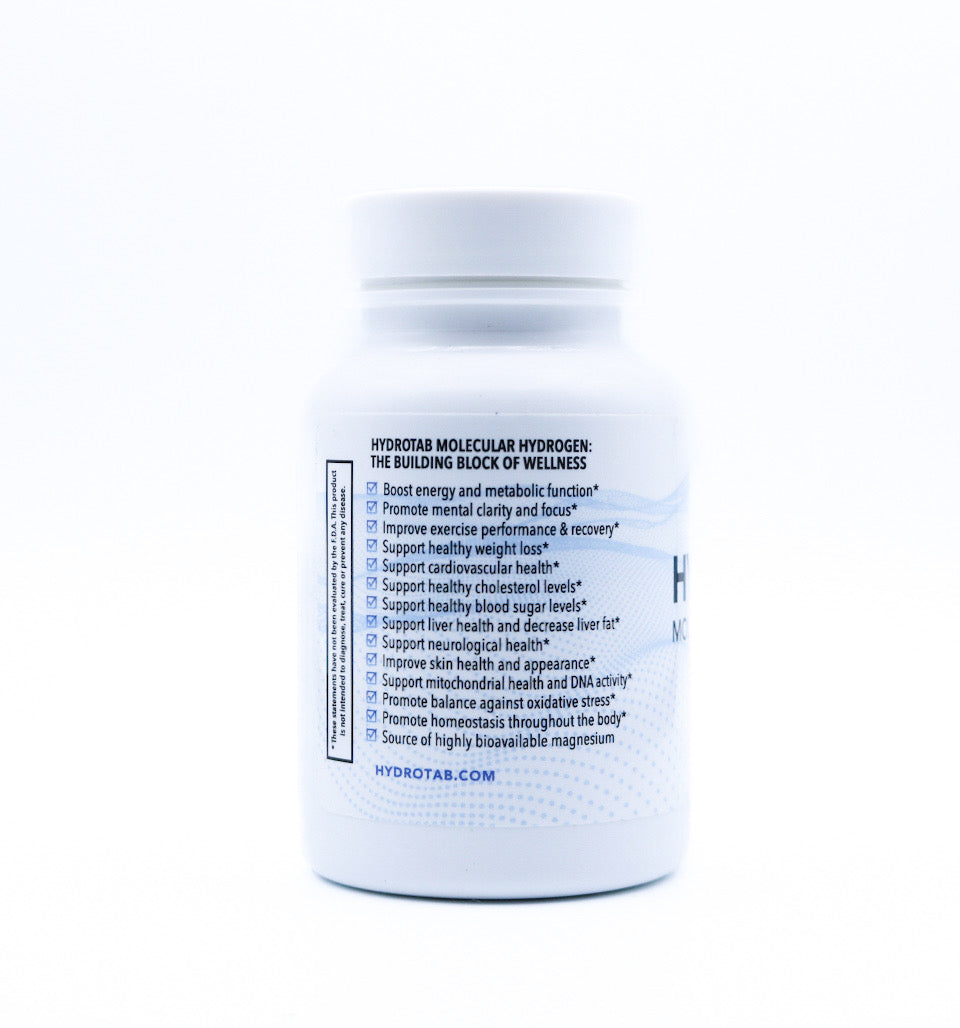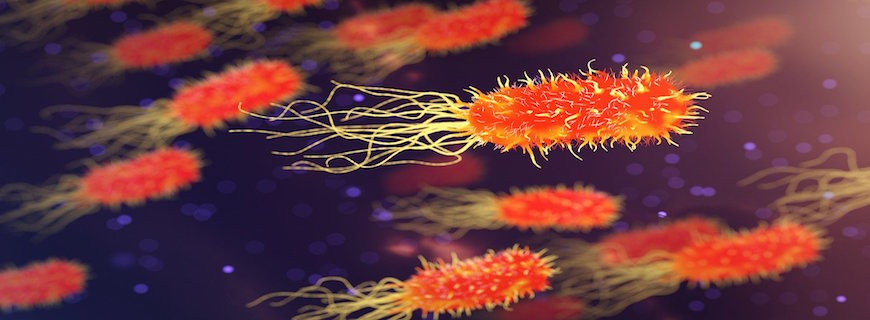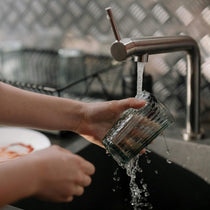Bacteria are so minuscule you can only see them under a microscope. They come in different types, shapes and sizes and are single-cell organisms that can multiply on their own. They live virtually everywhere on, in and around us. You can find them in soil, water, and air They also reside all over our skin, and inside the nose, mouth, throat, digestive tract, and vagina.
They're not all bad, though. In fact, out of the estimated one nonillion bacteria on earth, very few are harmful to us (relatively speaking). There are good bacteria that protect us from harmful bacteria by preventing them from multiplying and keeping them at bay. Good gut bacteria protect your digestive tract from invading pathogens, and a proliferation of bad bacteria. They help to repair damaged tissue in your gut lining, destroy disease-causing microbes and aid nutrient absorption.
Good bacteria can also fight cancer cells and may help to speed up the healing of external wounds.
What do bacteria do?
Disease-causing bacteria produce toxins that damage your cells. Harmful bacteria can also invade and damage tissues. They are not the same as viruses, though they can sometimes get confused.
Microbes cause both viral and bacterial infection, and they can be transmitted in the same way (coughing, sneezing, touching, kissing, sex, and coming into contact with bodily fluids, faeces, infected animals and creatures and contaminated objects).
Both types of infection can be acute (short-lasting) or chronic (longer-lasting), or lie dormant for some time before revealing themselves.
Bacterial and viral infections can also share similar symptoms (coughing, sneezing, diarrhoea, fatigue, fever, inflammation, vomiting). Some illnesses like pneumonia, meningitis or diarrhoea can be either bacterial or viral, and it can be hard to determine the cause.
Blood and fluid culture tests are used to help doctors diagnose if an infection is bacterial.
Conventional medicine treats bacterial infections with antibiotics, but with antibiotic resistance becoming more prevalent, they should only be used when necessary.
Bacterial infections range from life-threatening (bacterial meningitis, typhoid, cholera, pneumonia, tuberculosis and sepsis) to less fatal/serious (food poisoning, gastritis, strep throat, upper respiratory tract infections like coughs and colds, middle ear infection, sinusitis, eye infection, UTIs and sexually transmitted diseases such as chlamydia, gonorrhoea, and syphilis).
What can make you more susceptible to bacterial infection?
Being exposed to more concentrated levels of bacterial infection can put you at a higher risk. For example, if you regularly travel on public transport, particularly at times of the year when coughs and colds are more common, you may be more likely to catch one.
Spending your time in other enclosed public spaces, or close contact with someone who is ill, sexual activity and underlying health problems can also increase your risk.
Of course, your immune defences are fundamental to how susceptible you are. The more robust they are, the less likely it is for a bacterial infection to multiply rapidly and take hold, hang around or recur.
A healthy diet, lifestyle and gut integrity are all essential for keeping your immunity active. If you do become ill, you can turn to nature to help fight the bacterial infection.
If you are ill, natural anti-bacterials may help to improve various symptoms. These 5 natural anti-bacterial or ‘antibiotic’ foods can be incredibly valuable, but the list is not exclusive: there are plenty more natural choices out there like oregano and thyme oil, goldenseal, echinacea, lemon, clove, raw apple cider vinegar, tea tree oil and myrrh extract.
1) Cranberries
Cranberries can be useful for the prevention and treatment of UTIs, including cystitis. They contain proanthocyanidins (polyphenols or condensed tannins) which appear to envelop E-coli bacteria and prevent it from adhering to the bladder wall.
Always ensure you drink fresh unsweetened cranberry juice (or at a push, only sweetened with apple or grape juice).
2) Garlic
Incredibly nutritious with antioxidant, anti-inflammatory and anti-bacterial properties. It’s also an immune booster and can help to prevent a cold and speed up recovery.
Its anti-microbial power is primarily attributed to allicin, a compound that is produced in garlic when it is chopped or crushed.
To allow the allicin in your garlic to activate, let it sit for 10 minutes before cooking or eating it.
Try to eat it raw or add some at the end of the cooking process to get the most benefit.
3) Onions
Natural antibiotics, onions are from the allium family (as is garlic). They contain flavonoids and cysteine sulphoxides which create a complex mixture of sulphur compounds with therapeutic benefits.
Rather like garlic, raw onions will provide the most healing benefit by cutting then leaving it for 10 minutes. The anti-bacterial levels may vary depending on the onion type.
4) Honey
Used since ancient times to reduce infection, honey can be ingested or directly applied to wounds. It has been used conventionally in more recent times to successfully treat burns, skin grafts, ulcers and wounds that won’t heal.
Its anti-microbial and anti-inflammatory effects successfully work together to accelerate wound recovery.
Manuka honey (L. scoparium) may prevent up to 60 different types of bacteria, including the virulent MRSA (methicillin-resistant Staphylococcus aureus).
Eating honey may also help to inhibit the growth of Helicobacter pylori (H. pylori) bacteria which causes chronic inflammation and infection in the stomach and small intestine, leading to digestive ulcers. If you want honey’s healing benefits, always choose manuka or raw honey.
5) Ginger
Both anti-fungal and anti-microbial, the gingerols in ginger can ward off bacterial infections. It may help to curb gingivitis and gum disease and prevent drug-resistant bacterial diseases.
Ginger has also shown an ability to fight several other strains of bacteria.
5 natural ways to protect yourself from bacterial infection
1) Wash your hands
Hand washing is such a simple and effective way to ward off harmful bacteria. Always wash them with plenty of soap and water, then sing ‘Happy Birthday’ (out loud or in your head – you choose) if you’d rather, count to 20.
Make sure you get in-between all your fingers and thumbs and give your palms and the back of your hands a good clean too.
Always carry hand sanitiser just in case you can’t get to some soap and a sink. There are plenty of natural ones on the market which are non-toxic without harsh chemicals.
2) To protect others
Again, regular hand washing helps, and always cough or sneeze into your elbow, not your hands.
If you’re ill, share items minimally and avoid contact with others as much as possible. Also clean surfaces you’re often touching.
3) Strengthen your immunity
Eat well (a diverse array fresh fruits and vegetables, whole foods and whole grains, healthy proteins and fats and complex carbs, plenty of fibre and lots of herbs and spices).
Exercise regularly, effectively manage any stress and anxiety, get enough sleep, spend time in nature, and with friends and loved ones.
Be silly, and remember to laugh and have fun.
4) Gut health and probiotic supplementation
A healthy gut is pivotal for your health and wellbeing, with over 70% of your immune system residing all along your digestive tract. Balanced gut microbiome protects you from infection, full stop.
Poor gut integrity can lead to a prevalence of bad bacteria, leaving you more susceptible to gastrointestinal disturbance, bacterial, viral and fungal infection.
According to the BMJ, there is substantial evidence to support the role of probiotic supplementation in the prevention of diarrhoea, necrotising enterocolitis, acute upper respiratory tract infections, and pulmonary exacerbations in children with cystic fibrosis. Bacteria play a role in all of these.
5) Take Immune Defence
A cutting-edge supplement by Vibrant Health, this powerful immune-builder integrates famed immune-boosting components to protect against potential infections, pathogens, toxins and illnesses. It contains Bovine immunoglobulins, IgY Max™, beta-glucans, red marine algae and larch arabinogalactans.
Immune Defence is the first natural product to deliver such a high number of immunoglobulins (immune cells the digestive tract produces naturally and your first line of defence to the 80% of disease-causing microbes that enter your body through mucosal tissue).
IgY Max™ is a specially formulated egg powder containing 26 strain-specific antibodies against common human pathogens. It is patented and exclusively manufactured in the US, is naturally gluten and sugar-free.
This is an ideal supplement to support your natural resistance without over-activating your immune system. Just take one capsule daily or as required.
Conclusion
There’s an element of common sense when it comes to warding off bacterial infections. Eating and living well, and regularly washing your hands. Looking after your gut health and maintaining a robust immune system will stand you in good stead.
Should you wish to protect yourself further, you could take probiotics which have been shown to protect against bacterial infection. You might also consider taking an immune-boosting supplement like Immune Defence.
Don’t forget nature’s impressive arsenal of natural antibiotics either. They can be invaluable when you are unwell. Of course, always check-in with your GP if you are concerned that you have a bacterial infection as they can quickly become severe.
Written by Rebecca Rychlik-Cunning, Nutritional Therapist and Homeopath. Follow Rebecca on Instagram, Facebook and Medium, @rebeccabitesback.
Water for Health Ltd began trading in 2007 with the goal of positively affecting the lives of many. We still retain that mission because we believe that proper hydration and nutrition can make a massive difference to people’s health and quality of life. Click here to find out more.
